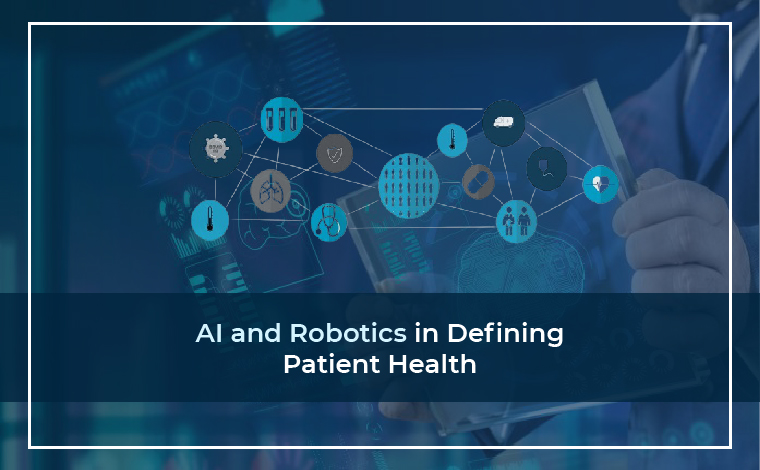


As technology continues to advance across various industries, healthcare remains a complex challenge that requires ongoing exploration and innovation. Unlike many other sectors, healthcare cannot be easily categorized; it’s a multifaceted field that encompasses numerous components, such as traditional medicine, healthcare professionals, various diseases, patient behaviors, and systemic issues. Addressing these elements with new technologies is no small feat.
We are witnessing the arrival of a promising future. Robotics and Artificial Intelligence (AI) have the potential to bridge existing gaps in healthcare. AI is rapidly becoming more adept at performing tasks traditionally undertaken by humans, often with greater speed, efficiency, and cost-effectiveness. Both AI and robotics are making significant contributions to the healthcare landscape, impacting our daily lives in profound ways. We are faced with undeniable challenges, including aging populations that are putting increasing pressure on medical resources.
Consequently, there is a shortage of caregivers in the adult social care sector, making it difficult to provide the level of care that patients deserve. The integration of robots and AI in healthcare is not merely a concept pulled from speculative fiction; these technologies are becoming increasingly valuable in clinical settings as healthcare continues to digitize and expand. From genetic testing to robotic surgery, as well as cancer data analysis, AI and robotics are making significant advancements within the industry. For instance, in dermatology, healthcare professionals are already utilizing AI in mobile applications to aid in the diagnosis of skin cancer.
How can Robots assist the Aging Population?
The intersection of AI and healthcare robotics holds immense potential for transformative applications. Clinical tools are expected to evolve continually, enhancing our ability to sustain life. Empathetic AI-based systems designed to support the human aspects of care could even help mitigate the need for clinical interventions altogether. SimboAI has been at the forefront of turning this vision into reality.
With further innovation on the horizon, these technologies may continue to redefine digitized healthcare in unique and impactful ways. The economic justification for integrating AI throughout the continuum of care is compelling, with exciting prospects for improved health outcomes ahead.